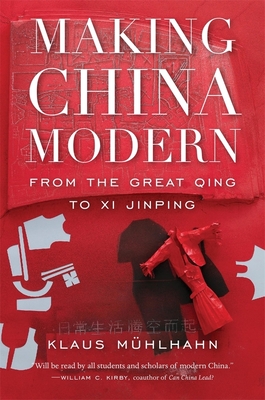Expedite your nonfiction book discovery process with Readara interviews, summaries and recommendations, Broaden your knowledge and gain insights from leading experts and scholars
In-depth, hour-long interviews with notable nonfiction authors, Gain new perspectives and ideas from the writer’s expertise and research, Valuable resource for readers and researchers
Optimize your book discovery process, Four-to eight-page summaries prepared by subject matter experts, Quickly review the book’s central messages and range of content
Books are handpicked covering a wide range of important categories and topics, Selected authors are subject experts, field professionals, or distinguished academics
Our editorial team includes books offering insights, unique views and researched-narratives in categories, Trade shows and book fairs, Book signings and in person author talks,Webinars and online events
Connect with editors and designers,Discover PR & marketing services providers, Source printers and related service providers

Making China Modern: From the Great Qing to XI Jinping
History > Asia - China
- Belknap Press
- Paperback
- 9780674248311
- 9.2 X 6.1 X 2 inches
- 1.94 pounds
- History > Asia - China
- (Single Author) Asian American
- English
Readara.com
Book Description
Chronicles reforms, revolutions, and wars through the lens of institutions, often rebutting Western impressions...[And] warns against thinking of China's economic success as proof of a unique path without contextualizing it in historical specifics.
--New Yorker
This thoughtful, probing interpretation is a worthy successor to the famous histories of Fairbank and Spence and will be read by all students and scholars of modern China.
--William C. Kirby, coauthor of Can China Lead?
It is tempting to attribute the rise of China to recent changes in political leadership and economic policy. But China has had a long history of creative adaptation and it would be a mistake to think that its current trajectory began with Deng Xiaoping. In the mid-eighteenth century, when the Qing Empire reached the height of its power, China dominated a third of the world's population. Then, as the Opium Wars threatened the nation's sovereignty and the Taiping Rebellion ripped the country apart, China found itself verging on free fall. In the twentieth century China managed a surprising recovery, rapidly undergoing profound economic and social change, buttressed by technological progress. A dynamic story of crisis and recovery, failures and triumphs, Making China Modern explores the versatility and resourcefulness that has guaranteed China's survival in the past, and is now fueling its future.
Author Bio
Professor Dr. Klaus Mühlhahn from Berlin, social scientist and specialist in cultural studies, is the new President of the ZU. Born in Constance, was elected by the ZU Senate and officially appointed to his position as President and also appointed as Director by the ZU Foundation, the supporting foundation of the ZU.
Professor Mühlhahn is currently the Vice-President of Research at the Freie Universität (FU) Berlin. He will take up his post in Friedrichshafen by September 1st for five years.
In 1993 Mühlhahn received a Master's degree in Sinology from the Free University of Berlin, where he also worked as research assistant from 1993 to 2002 in the Department of Sinology. In 1998 he received his Ph.D. in Sinology at the FU Berlin with his dissertation "Herrschaft und Widerstand in der 'Musterkolonie' Kiautschou". From 2002 to 2004 he was visiting fellow at the Center for Chinese Studies, at University of California, Berkeley.
From 2004 to 2007 he was Professor of Contemporary Chinese and Asian History at the Institute for History of the University of Turku. In 2007-2010 he was Professor of History and Associate Professor of East Asian Languages and Cultures at the Indiana University in Bloomington. Since 2010 he has been Professor of Chinese History and Culture at the FU Berlin and since 2014 vice president.
In 2009 Mühlhahn was awarded the John K. Fairbank Prize of the American Historical Association for his book Criminal Justice in China: A History.
Source: Zepplin University, Wikipedia, and Freie University of Berlin.
Videos
No Videos
Community reviews
No Community reviews

